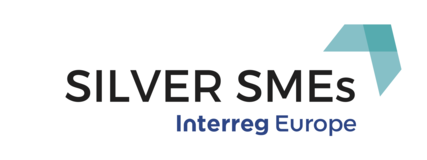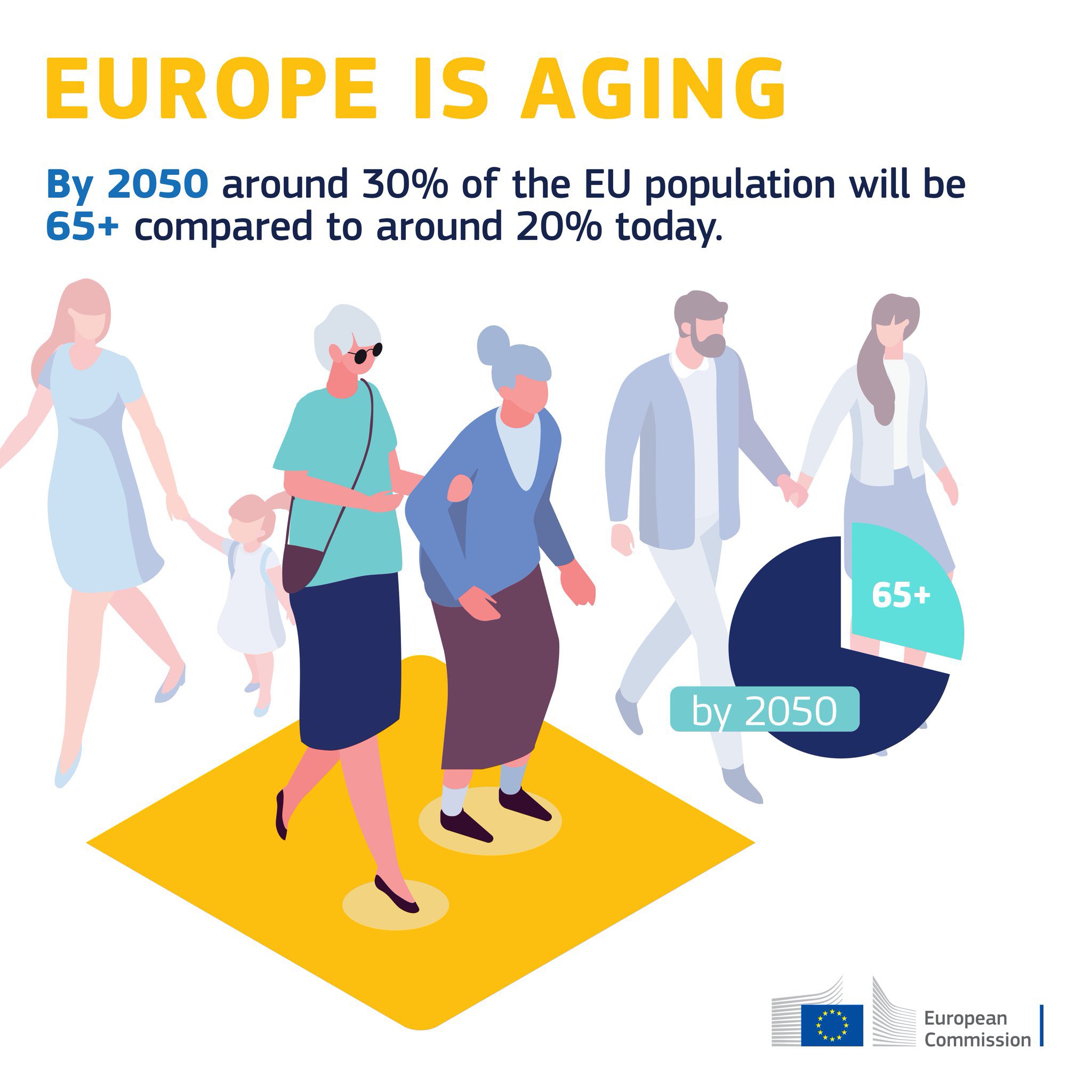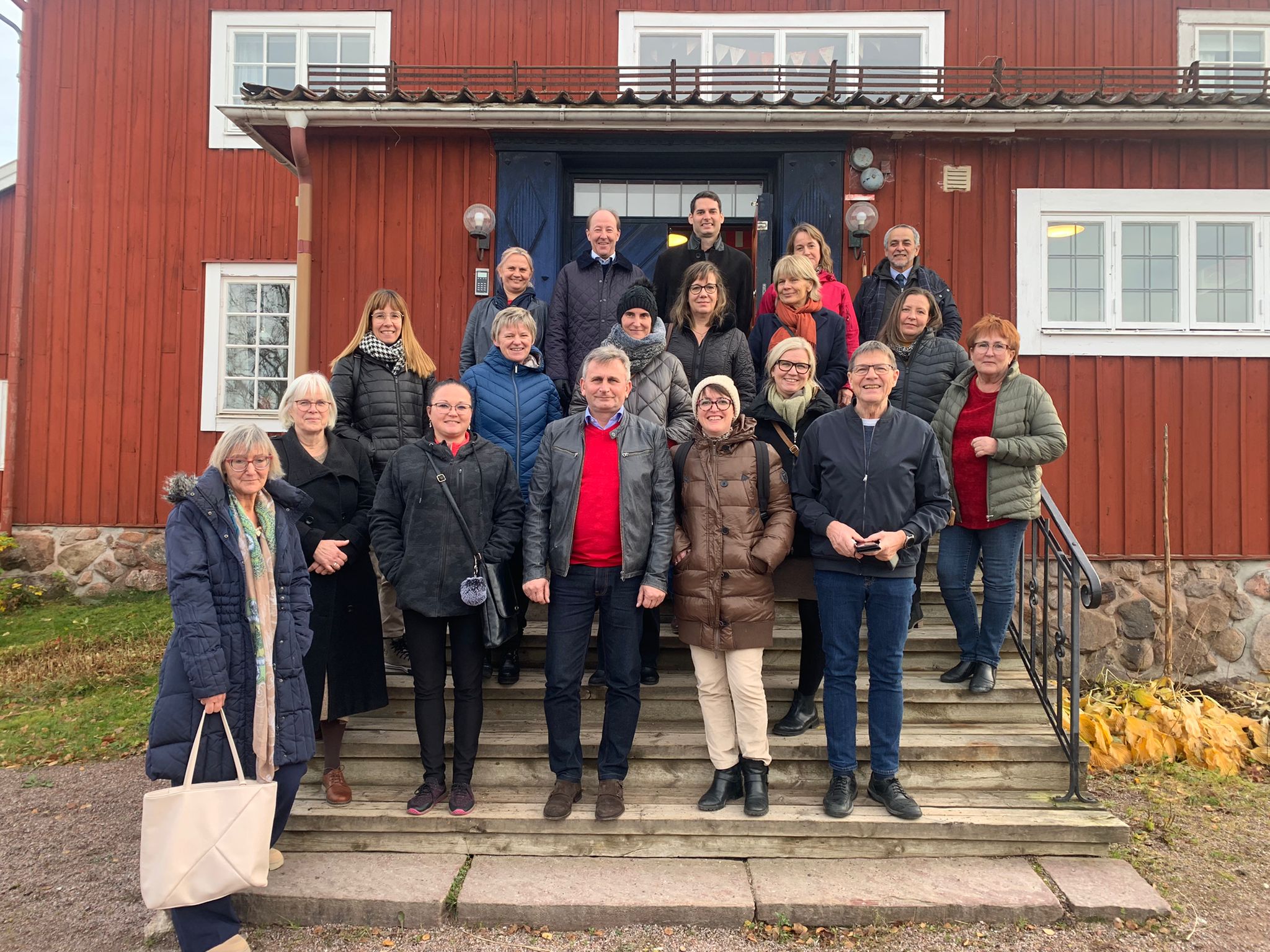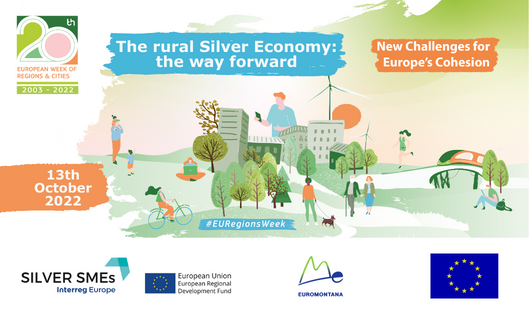The European Commission is currently drafting a Green Paper on Ageing, which should be published in the first quarter 2021. The Green Paper will build on the findings of the June Report on the Impact of Demographic Change, which spotted ageing as one of the future challenges for rural Europe. It for instance intends to propose measures to enhance the development of the Silver Economy.
As the European Commission opened a roadmap to feedback this December, SILVER SMEs’ partners shared their reflections and recommendations in a common contribution. SILVER SMEs’ partners welcome the adoption of a Green Paper on Ageing at European level and the European Commission’s aim to reflect on how to address seniors’ needs, on the support to innovation and to the Silver Economy sector and on the impact of ageing for European regions and for territorial cohesion.
A focus on rural areas is needed
As reminded by the European Commission in its roadmap, “different regions are affected differently by population ageing, which will have implications for regional cohesion and convergence”. Rural and mountainous areas are among the territories being most affected by demographic change.
Within our consortium, our analysis of regional demography revealed high concentration of older adults in our rural areas. In the Province of Burgos (Spain),23% of the population is over 65, rising to 27% in the Province’s rural areas. A similar situation can be observed in the Lubuskie region (Poland), where 44% of older adults live in rural areas. In this region, 40% of the regional population will be over 60 by 2050. Based on this forecast, demographers predict that the proportion of people over 85 years old will increase by 251% in the rural areas of the Lubuskie region. Furthermore, 71% of Irish older adults, 55% of French older adults and 45% of Portuguese older adults live in rural regions. (For more information, see the SWOTs in our library).
Developing the Silver Economy in rural Europe is part of the solution
The Silver Economy can play an active role in providing older people with targeted goods and services, in particular in rural and mountainous areas, where public investments in infrastructures and services can be insufficient.
The Silver Economy brings innovative solutions in different sectors and not just in health. It can provide goods and services in the areas of housing, ICT, well-being, transport, and leisure activities. The offering can also target different groups of older adults, from active and healthy older adults to vulnerable and dependent seniors.
Not only SMEs of the Silver Economy can provide older adults with adapted products and services, but they will also create skilled employment opportunities in our rural regions, in sectors such as, healthcare, but also rural tourism and adapted mobility.
To improve the quality of life of rural older adults, we therefore call for the European Commission to:
- Encourage regions to support the Silver Economy sector including rural areas, through the Operational Programmes of the Cohesion Policy and regional policies in support of SME competitiveness.
- Facilitate investments in services of general interest in rural and mountainous areas, like healthcare and transport services.
- Encourage regions to launch calls for projects, incubators, rural Labs dedicated to the Silver Economy in order to support the development of the Silver Economy outside major urban innovation centres.
- Ensure fair pensions to all European older adults to maintain their quality of life and fight the socio-economic exclusion in addition to territorial exclusion.
- Promote Age-Friendly environments, through the good practices and exchanges developed by the World Health Organisation, including rural regions, to bridge the gap of accessibility between urban and rural areas.
- Support the most ageing regions in developing integrated strategies at regional level to better meet the needs of older adults, while also taking advantage of the economic opportunities arising from demographic change.











